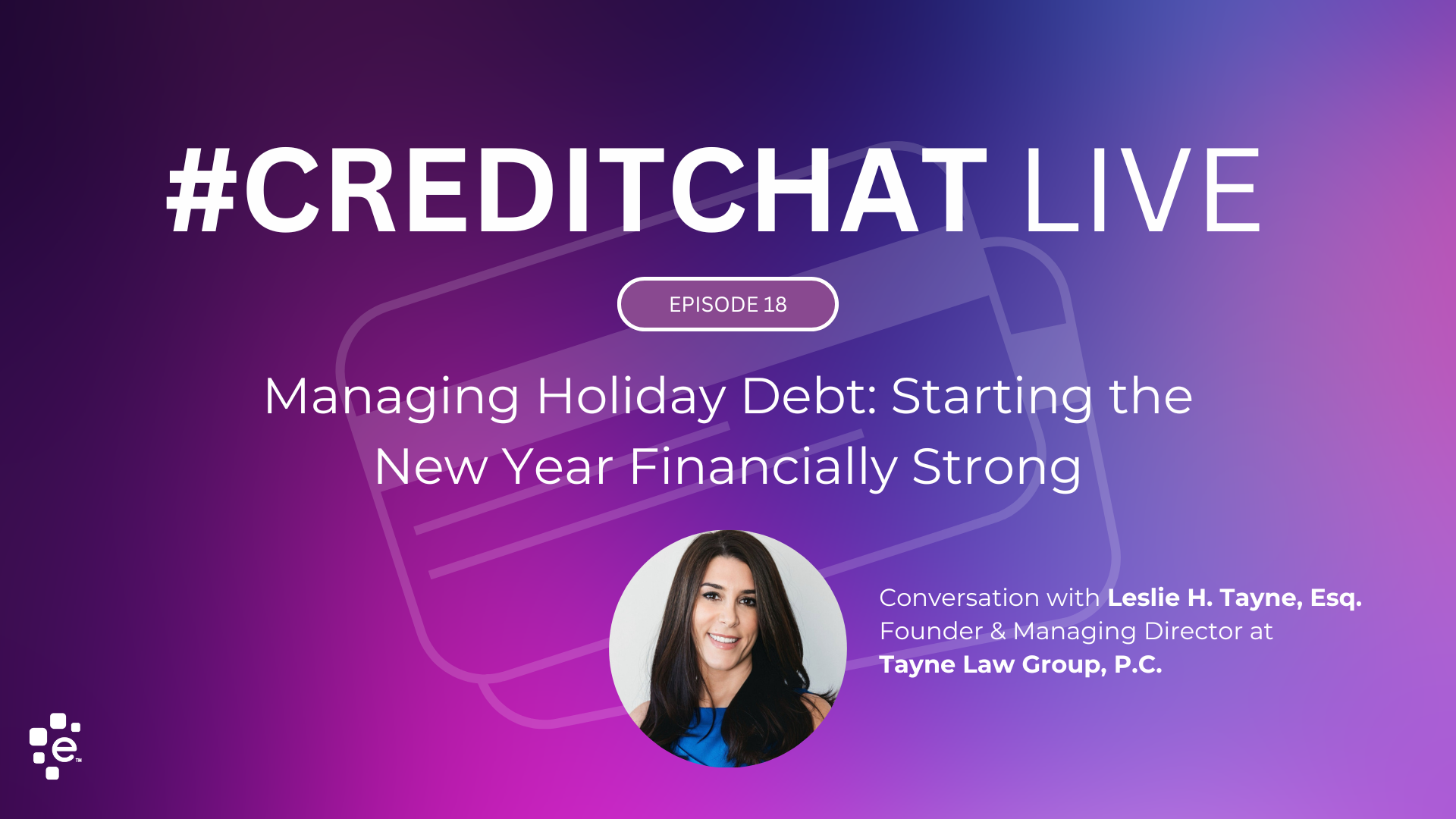Lorem Ipsumis simply dummy text of the printing and typesetting industry. Lorem Ipsum has been the industry’s standard dummy text ever since the 1500s, when an unknown printer took a galley of type and scrambled it to make a type specimen book. It has survived not only five centuries, but also the leap into electronic typesetting, remaining essentially unchanged
Author One

A recent study conducted by Experian showed that a majority of vacationers overspend their budgets and rely on credit cards to provide extra funds. At the extreme end, more than half of millennial vacationers (52 percent) lean heavily on their credit cards, racking up vacation debt they’ll be repaying long after their trip comes to an end.

 Nowadays, whenever you hear news about the automotive industry, a negative tone tends to pop up. Whether it’s the increase in lending to subprime consumers, or the lengthening in loan terms, the stories lead one to believe that the industry is headed toward another “bubble.”
However, that’s not necessarily the case. When we look at the data, the automotive finance market actually demonstrates a strong industry as a whole.
Nowadays, whenever you hear news about the automotive industry, a negative tone tends to pop up. Whether it’s the increase in lending to subprime consumers, or the lengthening in loan terms, the stories lead one to believe that the industry is headed toward another “bubble.”
However, that’s not necessarily the case. When we look at the data, the automotive finance market actually demonstrates a strong industry as a whole.

 The term big data tends to be overused in business today. While some refer to it as a technology and others a level of insight, it has come to embody many different data actions, from business intelligence, to analytics and data modelling.
We have become so obsessed with big data that we think we have to have this level of insight as a requirement to running a successful business.
The term big data tends to be overused in business today. While some refer to it as a technology and others a level of insight, it has come to embody many different data actions, from business intelligence, to analytics and data modelling.
We have become so obsessed with big data that we think we have to have this level of insight as a requirement to running a successful business.

Confronted with a vast amount of incoming data, today’s digital marketers are facing an on-going battle to keep up.

Recent Experian analysis of U.S. lending trends related specifically to HELOCs reveals important strategies to manage the end of draw period.
In this article…
First Heading
Lorem Ipsumis simply dummy text of the printing and typesetting industry. Lorem Ipsum has been the industry’s standard dummy text ever since the 1500s, when an unknown printer took a galley of type and scrambled it to make a type specimen book. It has survived not only five centuries, but also the leap into electronic typesetting, remaining essentially unchanged
It was popularised in the 1960s with the release of Letraset sheets containing Lorem Ipsum passages, and more recently with desktop publishing software like Aldus PageMaker including versions of Lorem Ipsum.
Why do we use it?
It is a long established fact that a reader will be distracted by the readable content of a page when looking at its layout. The point of using Lorem Ipsum is that it has a more-or-less normal distribution of letters, as opposed to using ‘Content here, content here’, making it look like readable English. Many desktop publishing packages and web page editors now use Lorem Ipsum as their default model text, and a search for ‘lorem ipsum’ will uncover many web sites still in their infancy. Various versions have evolved over the years, sometimes by accident, sometimes on purpose (injected humour and the like).
It was popularised in the 1960s with the release of Letraset sheets containing Lorem Ipsum passages, and more recently with desktop publishing software like Aldus PageMaker including versions of Lorem Ipsum.
Why do we use it?
It is a long established fact that a reader will be distracted by the readable content of a page when looking at its layout. The point of using Lorem Ipsum is that it has a more-or-less normal distribution of letters, as opposed to using ‘Content here, content here’, making it look like readable English. Many desktop publishing packages and web page editors now use Lorem Ipsum as their default model text, and a search for ‘lorem ipsum’ will uncover many web sites still in their infancy. Various versions have evolved over the years, sometimes by accident, sometimes on purpose (injected humour and the like).
Second Heading
It was popularised in the 1960s with the release of Letraset sheets containing Lorem Ipsum passages, and more recently with desktop publishing software like Aldus PageMaker including versions of Lorem Ipsum.

Where can I get some?
There are many variations of passages of Lorem Ipsum available, but the majority have suffered alteration in some form, by injected humour, or randomised words which don’t look even slightly believable. If you are going to use a passage of Lorem Ipsum, you need to be sure there isn’t anything embarrassing hidden in the middle of text. All the Lorem Ipsum generators on the Internet tend to repeat predefined chunks as necessary, making this the first true generator on the Internet. It uses a dictionary of over 200 Latin words, combined with a handful of model sentence structures, to generate Lorem Ipsum which looks reasonable.
There are many variations of passages of Lorem Ipsum available, but the majority have suffered alteration in some form, by injected humour, or randomised words which don’t look even slightly believable. If you are going to use a passage of Lorem Ipsum, you need to be sure there isn’t anything embarrassing hidden in the middle of text. All the Lorem Ipsum generators on the Internet tend to repeat predefined chunks as necessary, making this the first true generator on the Internet. It uses a dictionary of over 200 Latin words, combined with a handful of model sentence structures, to generate Lorem Ipsum which looks reasonable. The generated Lorem Ipsum is therefore always free from repetition, injected humour, or non-characteristic words etc.
Author test
Buttons margin test
